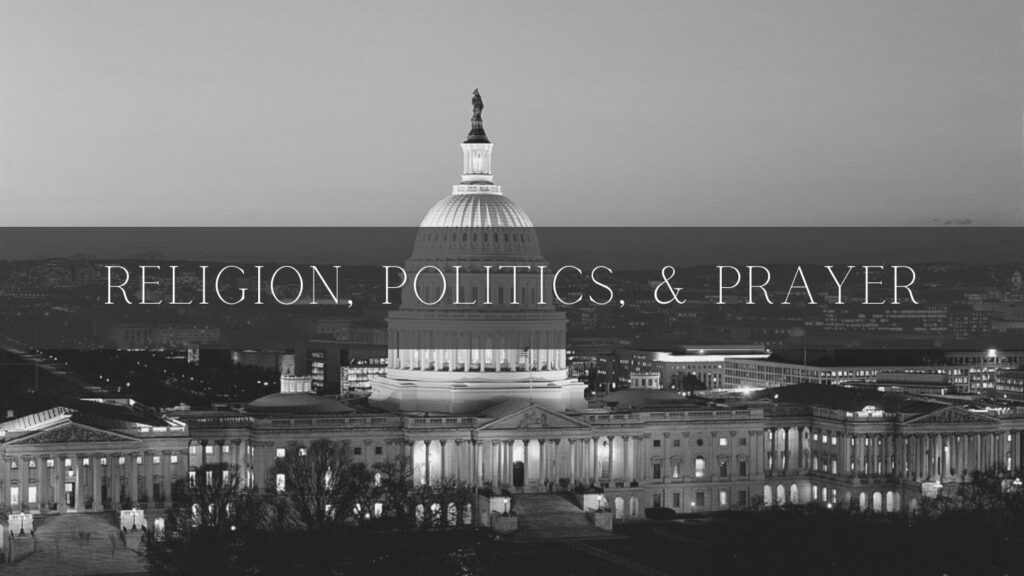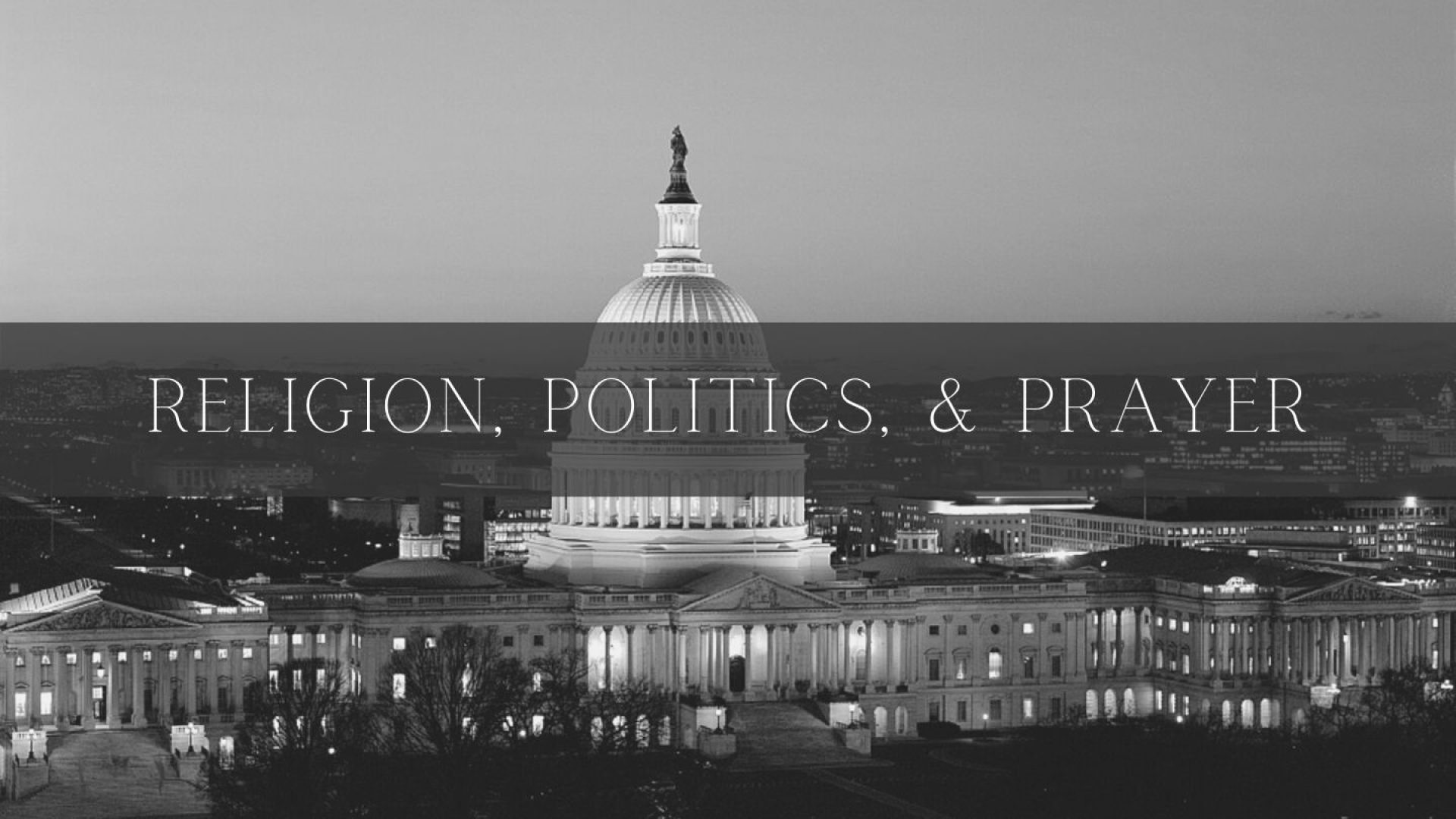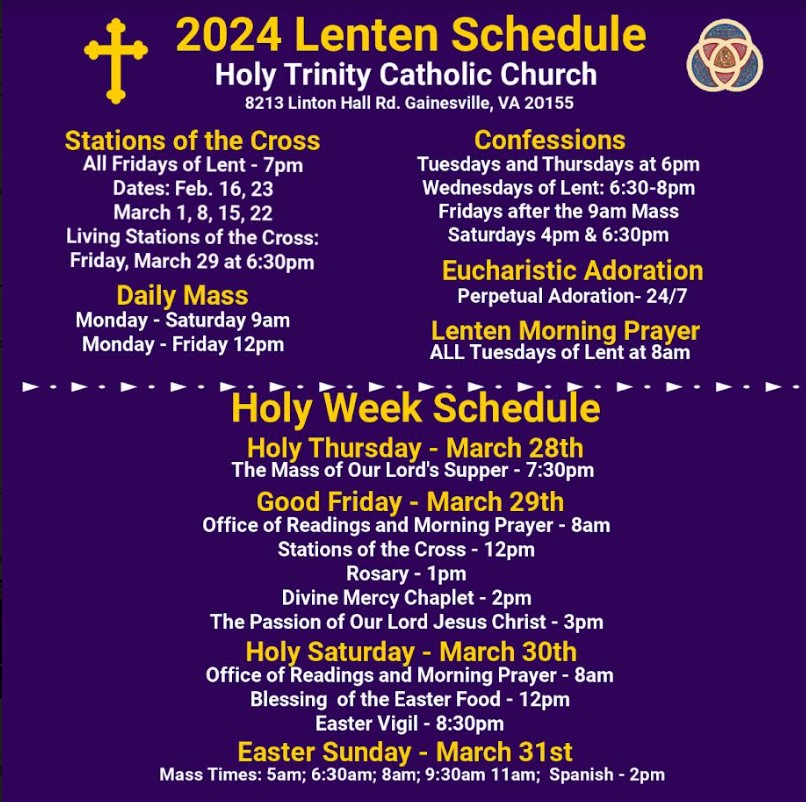“I wish the Church (Catholic) would get out of politics.”
What is the Church? What is politics? Who benefits if the Church is ‘out of politics’?
The Catholic Church was established by Jesus Christ to continue His Work of sanctifying the world. An essential aspect of sanctifying the world is teaching and applying Our Lord’s Truths given by Him and the Holy Spirit to the Apostles. These truths are what we must believe and how we must live to get to heaven. In other words, faith and morals. Our Lord’s Bride, His Mystical Body, is infallible in her official teachings on faith and morals (cf. Mt 16: 18-20).
Politics often refers to authority and rule in the secular order, i.e. governments. How does one exercise authority? There are moral considerations in the political world, especially matters of justice.
Therefore, the Church will weigh in on matters of morality in regard to politics. Would that more politicians would read the Church’s social teachings and be guided by them! Perhaps, some examples from history would help.
In 378 St. Ambrose refused to allow the Emperor Theodosius into the cathedral in Milan because the emperor has ordered the slaughter of an entire village. To his credit Theodosius did public penance.
In 1170 King Henry II of England ordered the death of a former friend, (St.) Thomas a Becket. Becket was the Archbishop of Canterbury – pilgrimages to his tomb began almost immediately: Chaucer’s Canterbury Tales is a fictional portrayal of one such pilgrimage. The Archbishop would not bend on the rights of the Church as well as his excommunication of an English noble who had slaughtered innocent people.
In 1534 King Henry VIII executed Cardinal (St.) John Fisher and (St.) Thomas More because they would not sign the Oath of Supremacy which said the king was the head of the Church in England. It also meant they would not agree with the king’s divorce and re-marriage.
There are many, many other examples of the Church exercising Her teaching authority with regard to political figures. As Ambrose put it, “The emperor is in the Church, not above the Church.” Just because a political person wades into the arena of morality does not mean the Church steps away because it is now a ‘political issue’. Does not a person in politics have an immortal soul that God wants in heaven? Christ gave His Church authority to teach on matters of morality. And, in the end, the one who rejects guidance from the Church only wants himself as his guide. How well has that worked in history?
God bless
FRVW

“Quisiera que la Iglesia (católica) se quedara fuera de la política.”
¿Qué es la Iglesia? ¿Qué es la política? ¿Quién se beneficia si la Iglesia se queda ‘fuera de la política’?
La Iglesia Católica fue establecida por Jesucristo para continuar Su Obra de santificación del mundo. Un aspecto esencial de la santificación del mundo es enseñar y aplicar las Verdades de Nuestro Señor como fueron dadas a los Apóstoles por Él y el Espíritu Santo. Estas verdades son lo que debemos creer y cómo debemos vivir para ir al Cielo. En otras palabras, Fe y Moral. La Novia de Nuestro Señor, Su Cuerpo Místico, es infalible en sus enseñanzas acerca de fe y moral. (cf. Mt 16: 18-20).
La política a menudo se refiere a la autoridad y reglas en el mundo seglar, por ej.. los gobiernos. ¿Cómo ejercita uno la autoridad? Hay consideraciones morales en el mundo político, especialmente en asuntos de justicia. Por lo tanto, la Iglesia va a pesar en asuntos de moralidad en cuanto a la política. ¡Como para que más políticos lean las enseñanzas sociales de la Iglesia y se guiaran por ellas! Talvez, algunos ejemplos en la historia nos ayudarían.
En 378 St. Ambrosio se negó a permitir que el Emperador Teodosio entrara en la catedral de Milán porque el Emperador había ordenado la masacre de un pueblo completo. En su defensa, Teodosio hizo penitencia pública.
En 1170 el rey Enrique II de Inglaterra ordenó la muerte de su ex-amigo, (Sn.) Tomas a Becket. Becket era el Arzobispo de Canterbury – los peregrinajes a su tumba comenzaron casi inmediatamente: Los Cuentos de Canterbury de Chaucer es una reseña ficticia del peregrinaje de uno. El Arzobispo no se doblegaría ante los derechos de la Iglesia así como a la excomunicación de un inglés noble que había masacrado gente inocente.
En 1534 el rey Enrique VIII ejecutó al Cardenal (Sn.) John Fisher y a (Sn.) Tomas Moro porque ellos no firmaron el Juramento de Supremacía que decía que el rey era el líder de la Iglesia de Inglaterra. También significaba que ellos no estaban de acuerdo con el divorcio y nuevo matrimonio del rey.
Hay muchos, muchos más ejemplos de la Iglesia ejerciendo Su autoridad de enseñanza en cuanto a figuras políticas. Como lo puso Ambrosio, ‘El emperador está en la Iglesia no sobre la Iglesia”. Solo porque un político(a) se mete en la arena de moralidad no significa que la Iglesia se aparte porque ahora es un ‘asunto político’. ¿Un político no tiene un alma inmortal que Dios quiere en el Cielo? Cristo le dio a Su Iglesia la autoridad para enseñar en asuntos de moralidad. Al final, quien rechaza la dirección de la Iglesia, solamente se quiere a sí mismo como su guía. ¿Cómo ha funcionado eso en la historia?
Dios los bendiga
FRVW



